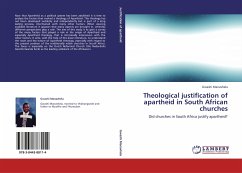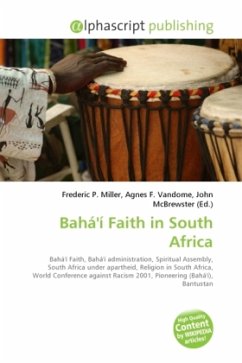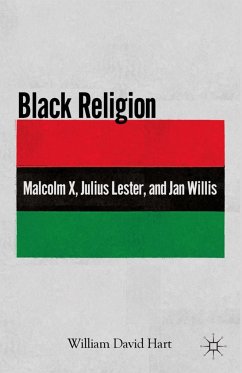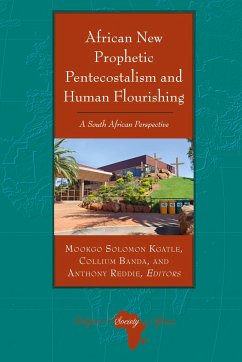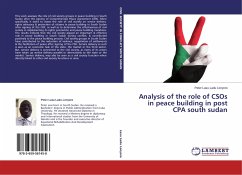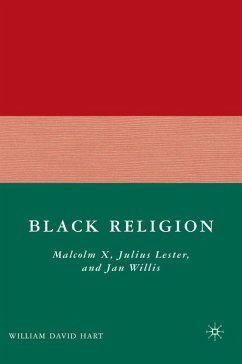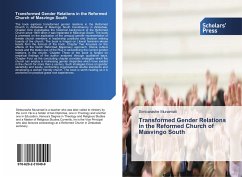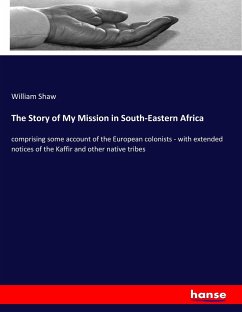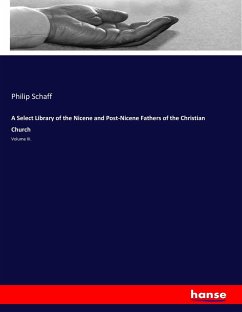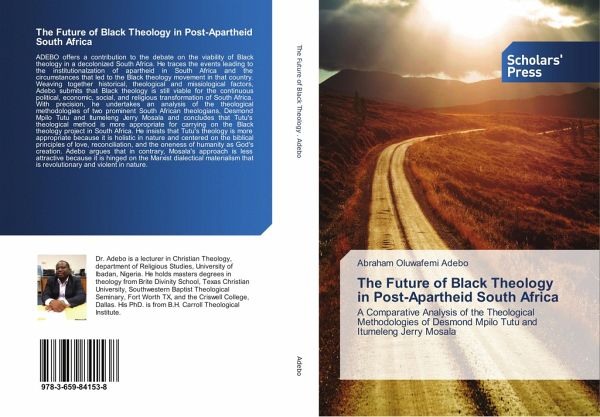
The Future of Black Theology in Post-Apartheid South Africa
A Comparative Analysis of the Theological Methodologies of Desmond Mpilo Tutu and Itumeleng Jerry Mosala
Versandkostenfrei!
Versandfertig in 6-10 Tagen
43,99 €
inkl. MwSt.

PAYBACK Punkte
22 °P sammeln!
ADEBO offers a contribution to the debate on the viability of Black theology in a decolonized South Africa. He traces the events leading to the institutionalzation of apartheid in South Africa and the circumstances that led to the Black theology movement in that country. Weaving together historical, theological and missiological factors, Adebo submits that Black theology is still viable for the continuous political, economic, social, and religious transformation of South Africa. With precision, he undertakes an analysis of the theological methodologies of two prominent South African theologian...
ADEBO offers a contribution to the debate on the viability of Black theology in a decolonized South Africa. He traces the events leading to the institutionalzation of apartheid in South Africa and the circumstances that led to the Black theology movement in that country. Weaving together historical, theological and missiological factors, Adebo submits that Black theology is still viable for the continuous political, economic, social, and religious transformation of South Africa. With precision, he undertakes an analysis of the theological methodologies of two prominent South African theologians, Desmond Mpilo Tutu and Itumeleng Jerry Mosala and concludes that Tutu's theological method is more appropriate for carrying on the Black theology project in South Africa. He insists that Tutu's theology is more appropriate because it is holistic in nature and centered on the biblical principles of love, reconciliation, and the oneness of humanity as God's creation. Adebo argues that in contrary, Mosala's approach is less attractive because it is hinged on the Marxist dialectical materialism that is revolutionary and violent in nature.




